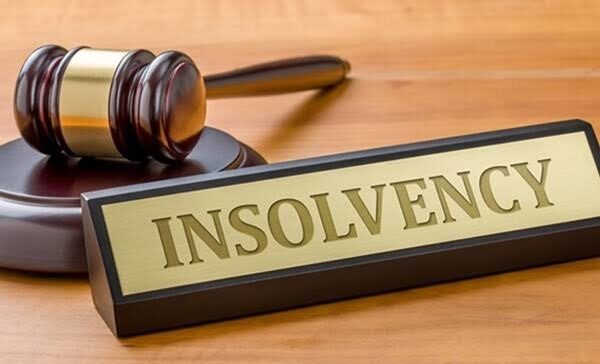
Insolvency rescue plans cannot ignore statutory dues, rules SC
Contents News/Article Date: 8th September 2022
Relating to which Act: The Employees Provident Funds & Miscellaneous Provisions Act, 1952, The Employees’ State Insurance (ESI) Act, 1948, PT ACT 1987 (As amended), The Labour Welfare Fund Act in India
Type: Supreme Court Judgement
Pertains to Employers
Relevance of this news: Karma Global Consulting Solutions Pvt. Ltd is in the business of Payroll, Outsourcing, and Regulatory Compliances from its inception in 2004 and since then, has brought in a lot of efficiencies and technological upgradations with experts on its roll, to ease the hassles of Payroll Processing, Temp Staffing On-boarding Management, Regulatory and Payroll compliances by providing customized solutions to all its elite clients.
Now Karma Global is also fully into labour compliances for nearly 18 years and is helping both establishments and workers for the fulfillment of obligations as per the laws of the land. It has over 200 staff, both direct and indirect on its rolls and operates on a Pan India basis. Recently, it has diversified into foreign shores as well, into countries like the US, UK, UAE, Canada, Philippines, and Asia for handling payroll, outsourcing, recruitment, and governance.
This Supreme Court Judgement is about the payment of statutory dues in insolvency cases. It says that statutory dues cannot be ignored. As far as labour laws are concerned, the statutory dues are PF, ESI, PT, and LWF. Statutory dues also include workmen and contractor employees’ salaries including long-term benefits.
In this case, the Supreme Court has said that a resolution plan that ignores the statutory demands payable to state governments or legal authorities is liable to be rejected. It said that the definition of a secured creditor in the Insolvency and Bankruptcy Code (IBC) does not exclude any government or legal authority.
Karma Management makes it a point to calculate, cut the challans and contribute statutory dues of employees to the authorities on a monthly basis in terms of Provident Fund, Employees State Insurance, Professional Tax, and Labour Welfare Fund.
Subject: Insolvency rescue plans cannot ignore statutory dues, rules SC
For greater details, appended below is the complete news item
Insolvency rescue plans cannot ignore statutory dues, rules SC
The SC said that the definition of a secured creditor in the Insolvency and Bankruptcy Code does not exclude any government or legal authority.
MUMBAI: The Supreme Court has held that a resolution plan that ignores the statutory demands payable to state governments or legal authorities is liable to be rejected. It said that the definition of a secured creditor in the Insolvency and Bankruptcy Code (IBC) does not exclude any government or legal authority.
Financial creditors of a company cannot secure their own dues in approving the resolution package of a bankrupt company at the cost of statutory dues owed to a government authority, the Supreme Court said in its order on Tuesday.
A bench led by justices Indira Banerjee and AS Bopanna said, “In our considered view, the Committee of Creditors—which may include financial institutions and other financial creditors—cannot secure its own obligations at the expense of any other obligations, including statutory obligations to any government or governmental authority.”
The top court also clarified that a company would have to be liquidated and its assets sold and distributed in accordance with Section 53 of the IBC if it was unable to pay its debts, which should include any statutory obligations to the government or other authorities, and there is no plan that contemplates dissipating those debts in a phased, uniform proportional reduction.
The verdict came on the appeal of a Sales Tax Officer of the Gujarat government against the 2019 judgment passed by the National Company Law Appellate Tribunal (NCLAT) dismissing the plea of the state.
In February 2019, the National Company Law Tribunal (NCLT) passed an order saying that the government cannot claim the first charge over the property of a corporate debtor, as Section 48 of the Gujarat Value Added Tax (GVAT) Act, 2003, which provides for the first charge on the property of a dealer in respect of any amount payable by the dealer on account of tax, interest, penalty, among others, under the said GVAT Act, cannot prevail over Section 53 of the IBC.
The matter was then challenged in the NCLAT, which upheld the NCLT order.
Setting aside the NCLAT order, the top court said, “In our considered view, the NCLAT clearly erred in its observation that Section 53 of the IBC overrides Section 48 of the GVAT Act”.Neither Section 48 of the Gujarat Value Added Tax Act nor any other sections of the IBC are inconsistent or in conflict with one another. The State would be considered a secured creditor under the GVAT Act under Section
53(1)(b)(ii).”
